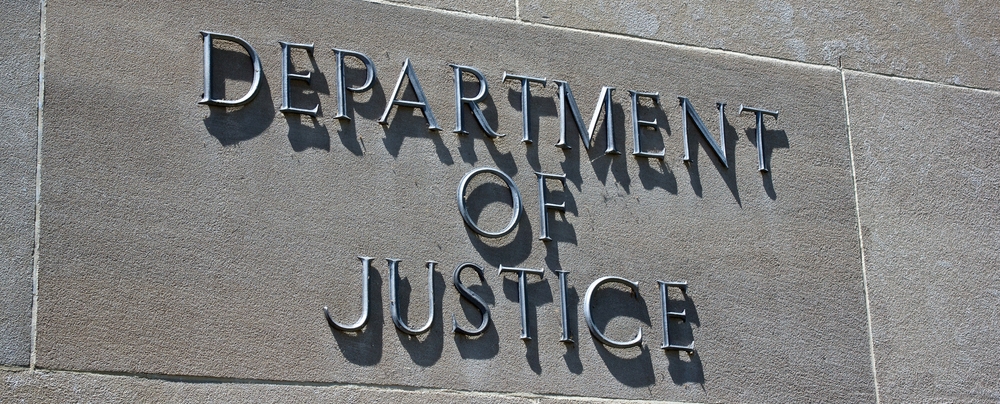

Further Thoughts About The Yates Memo

Now and then, we enshrine Deputy Attorney Generals for DOJ policy memoranda issued in their name (e.g., the “Ogden Memo” on discovery). The white collar bar then dissects DOJ’s policy rationale and any operational impact for the defense. Last month’s “Yates Memorandum” regarding “Individual Accountability for Corporate Wrongdoing” is no exception. DAG Sally Yates laid out “six key steps” to strengthen DOJ’s “pursuit of individual corporate wrongdoing”:
- in order to qualify for any cooperation credit, corporations must provide to the Department all relevant facts relating to the individuals responsible for the misconduct;
- criminal and civil corporate investigations should focus on individuals from the inception of the investigation;
- criminal and civil attorneys handling corporate investigations should be in routine communication with one another;
- absent extraordinary circumstances or approved departmental policy, the Department will not release culpable individuals from civil or criminal liability when resolving a matter with a corporation;
- Department attorneys should not resolve matters with a corporation without a clear plan to resolve related individual cases, and should memorialize any declinations as to individuals in such cases; and
- civil attorneys should consistently focus on individuals as well as the company and evaluate whether to bring suit against an individual based on considerations beyond that individual's ability to pay.
These policy directives apply not only to all future investigations of corporate wrongdoing but also to matters pending as of September 9, 2015 (the Memo date) “to the extent practicable.”
Some see the Yates Memo as old soup, reiterating what DOJ has been saying for years, without material impact on U.S. Attorney Office (USAO) practice. Others forecast a sea change. We see material implications for white collar defense practice.
- Common sense says that additional investigations and prosecutions of individuals should follow if USAOs adhere to the Yates Memo, and USAOs (there are 94 out there!) now will be operating under a different set of organizational incentives to comply:
-The default presumption has flipped: now not prosecuting an individual requires a declination memo approved by the U.S. Attorney or her designee. Simply wanting to avoid embarrassment before the boss may spur additional investigations and prosecutions of individuals; and
-Once about every three years, DOJ’s Executive Office of U.S. Attorneys (EOUSA) Evaluation and Review Staff (EARS) descends on each USAO for a week. USAO compliance with the Yates Memo likely will included in EARS next audit cycle and violators red-flagged.
- Per the Yates Memo, the government’s hindsight perception that a corporation declined to learn, or offer up, the full facts about individual employee conduct may be deemed non-cooperation with adverse criminal charging and sentencing consequences. So as a matter of diligent defense representation, corporate in-house and outside counsel must now factor in the Yates Memo when structuring and documenting internal investigations and determining whether and how to offer cooperation to the government.
- And those adverse consequences may extend to the civil realm too. Remember, under False Claims Act Section 3729(a)(2), only “full” cooperation – as now defined by the Yates Memo – can earn the coveted damages multiplier of 2 versus 3. Also obtaining the traditional DOJ Fraud Section corporate release including “directors, officers, and employees” may require more time and effort.
- Finally, in representing individual corporate employees post-Yates, defense attorneys may find corporate counsel more reluctant to communicate under a joint defense agreement (absent a carve-out clause for disclosure to the government) and corporations less willing to indemnify and advance legal fees for mid and lower level employees (absent by-law or contractual indemnity rights). Cue additional anxiety about corporate employees being “thrown under the bus.”
Disclaimer: This post does not offer specific legal advice, nor does it create an attorney-client relationship. You should not reach any legal conclusions based on the information contained in this post without first seeking the advice of counsel.


